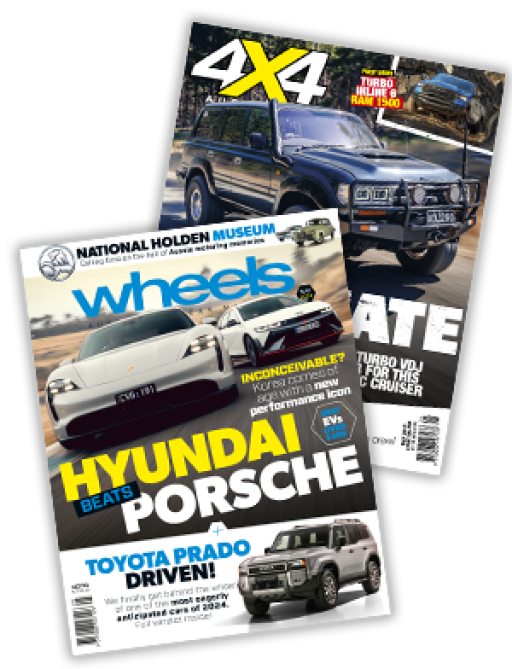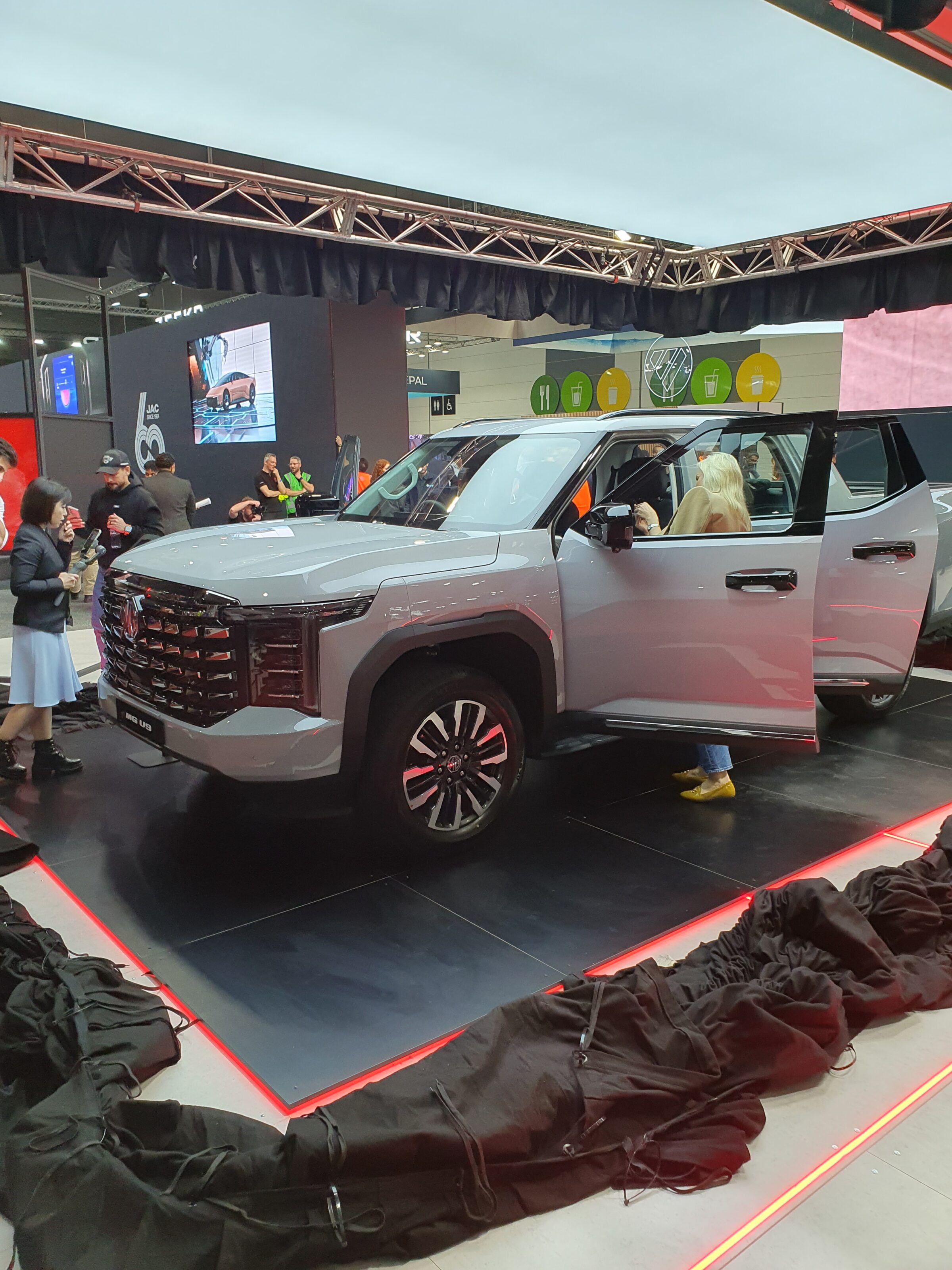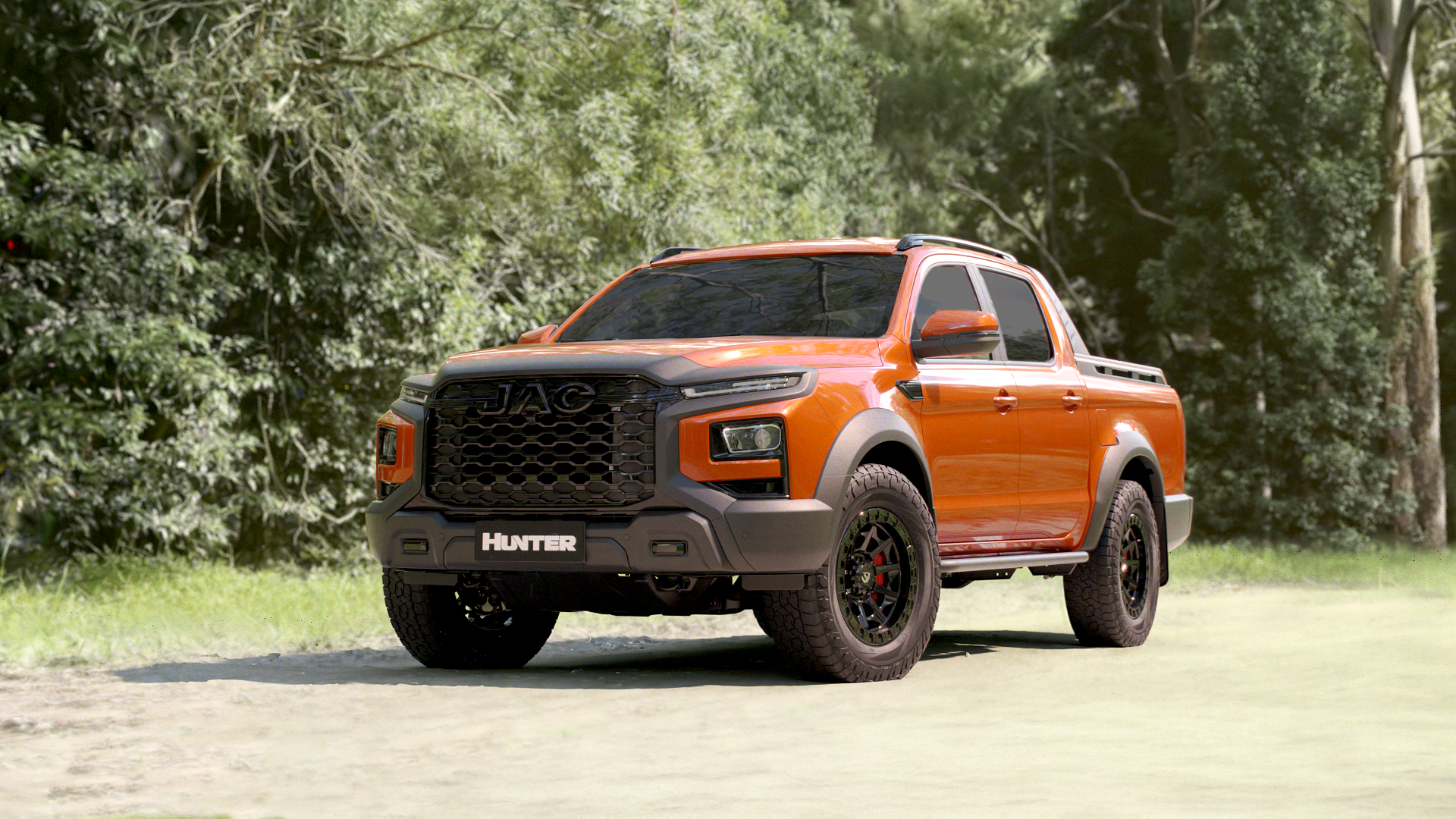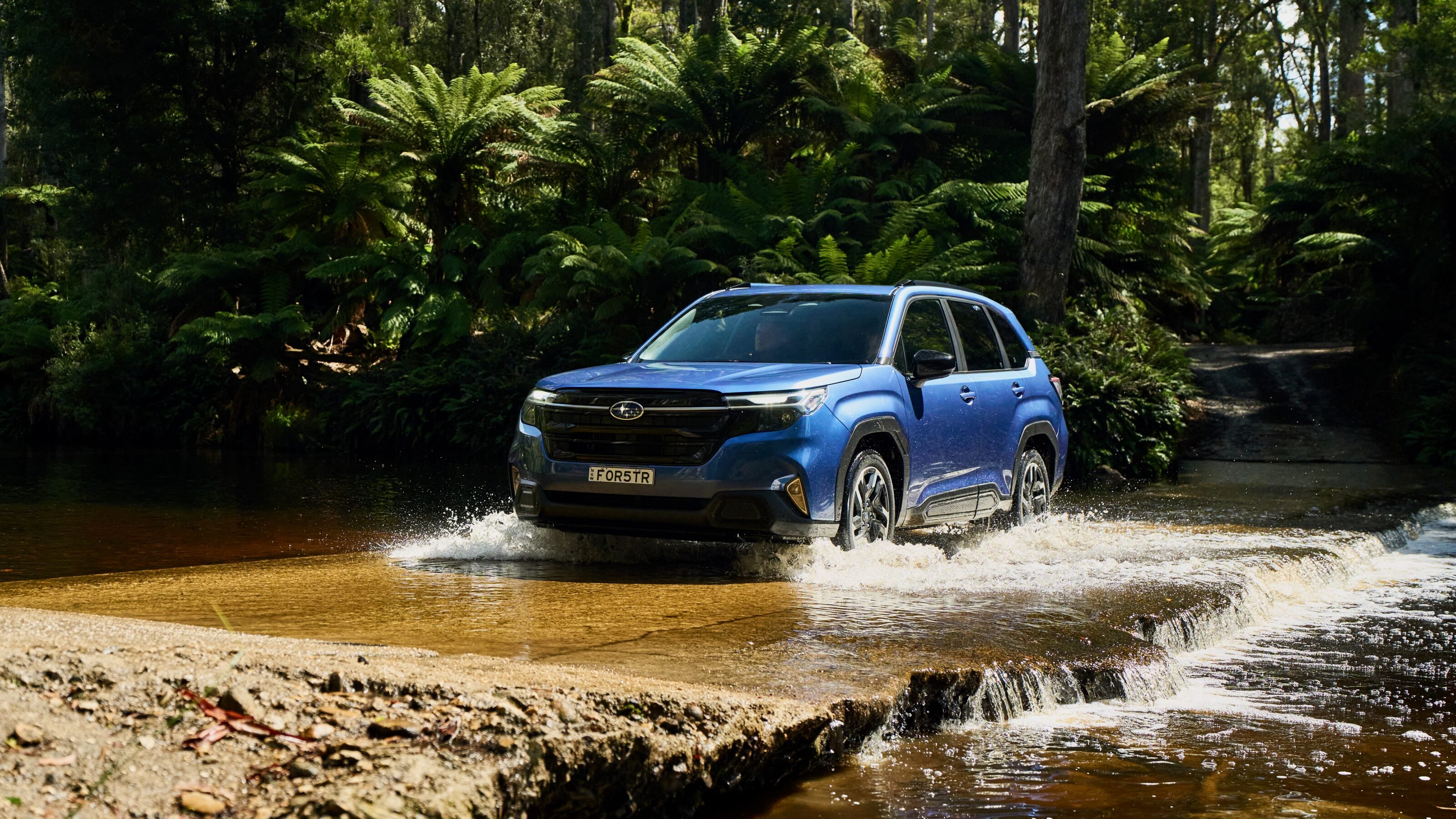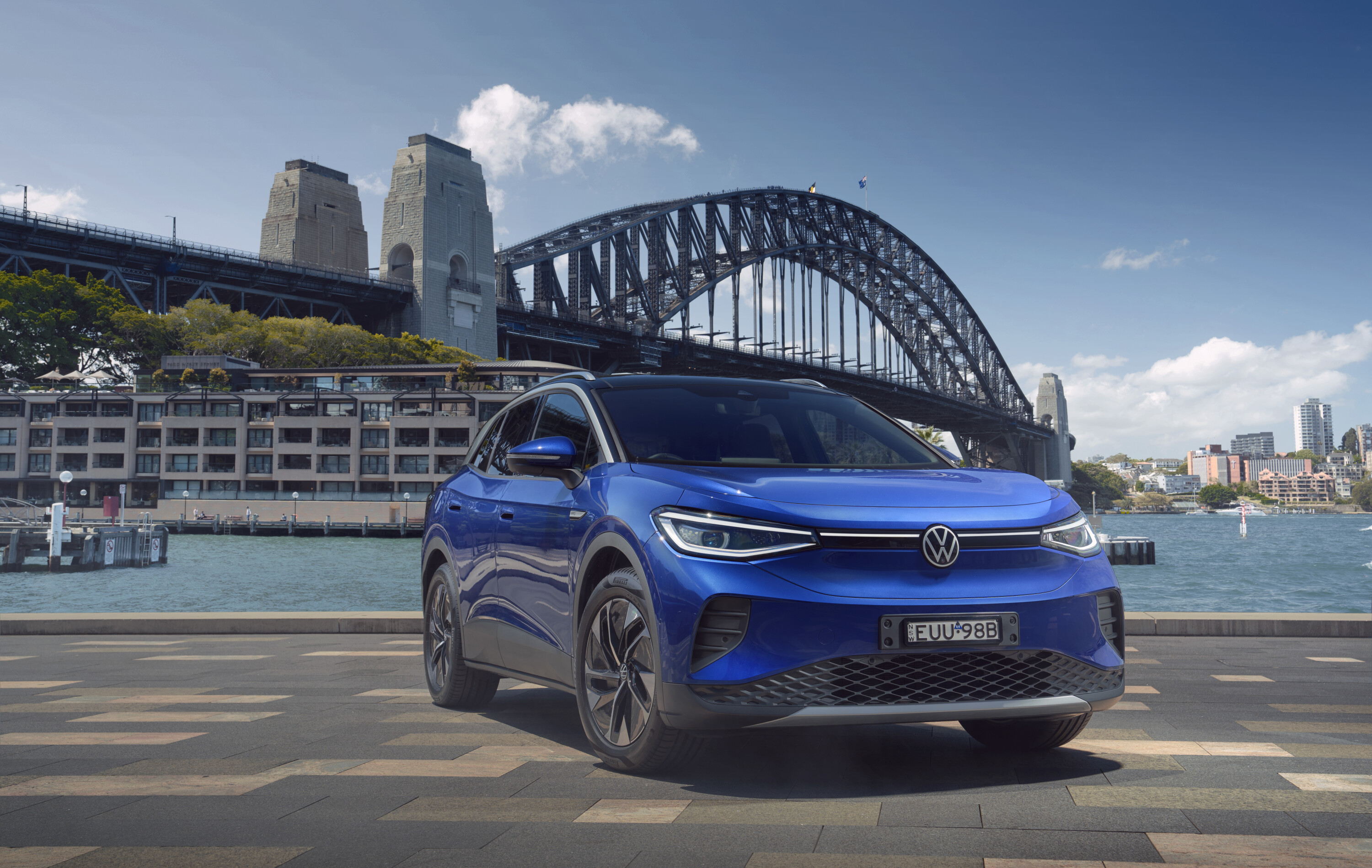
Volkswagen Group (VW, Audi, Skoda and Cupra) has stepped away from the policymaking committee of Australia’s peak car industry body over conflicting views on the federal government’s proposed efficiency standards.
The German brand’s decision is the latest move against the FCAI’s position on Australia’s proposed New Vehicle Efficiency Standard, after EV brands Tesla and Polestar announced they were leaving the new-car lobby group entirely.
VGA will not exit the industry group entirely, however: a spokesperson told WhichCar today that VGA will remain a member – including other committees it is involved in – and will continue to provide data for the VFACTS new-car sales wrap collated by the FCAI.
“Our NVES submission was written internally and submitted without reference to external organisations or other brands. Volkswagen Group Australia (VW, Audi, Skoda and Cupra) speaks for itself on public matters. That holds true for this one,” the spokesperson said.
“Essentially, VGA is in favour of the Government’s Option B, though with the inclusion of ‘super-credits’ from Option A. We’re told that some other brands might have this preference too.”
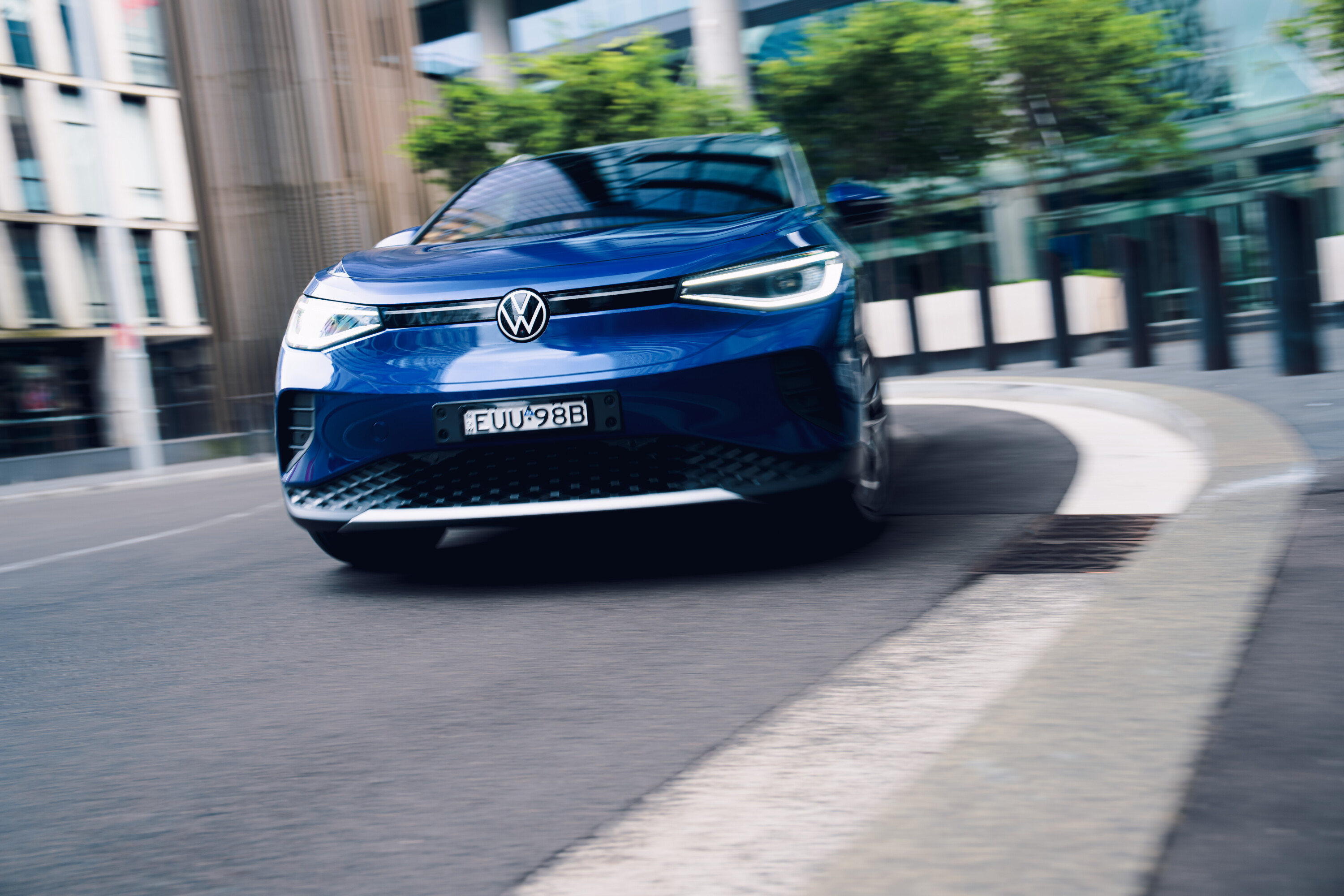
In its submission to the Federal Government, the FCAI said it opposes the proposed ‘Option B’
Responding to VGA’s announcement, the FCAI said: “The Federal Chamber of Automotive Industries has a range of committees that focus on elements of the automotive industry. These include emerging technology, tax, policy, advocacy, technical, legal, logistics, motorcycle and others.”
“Volkswagen Group Australia (VGA) has advised the FCAI that they would leave one of these committees. VGA is still a member of the FCAI.”
In its submission to the Federal Government, the FCAI said it opposes the proposed ‘Option B’ as it would “cause significant disruption for large sections of the industry, and will result in less choice and higher retail prices for Australian consumers”.
The FCAI also claims the proposed standard would have a “disastrous impact” on some manufacturers who could discontinue certain vehicles, leave the Australian market, or significantly increase vehicle costs.
Australia is one of the last developed countries to introduce a vehicle efficiency standard.
If passed through parliament, the proposed policy would come into effect from January 1, 2025.
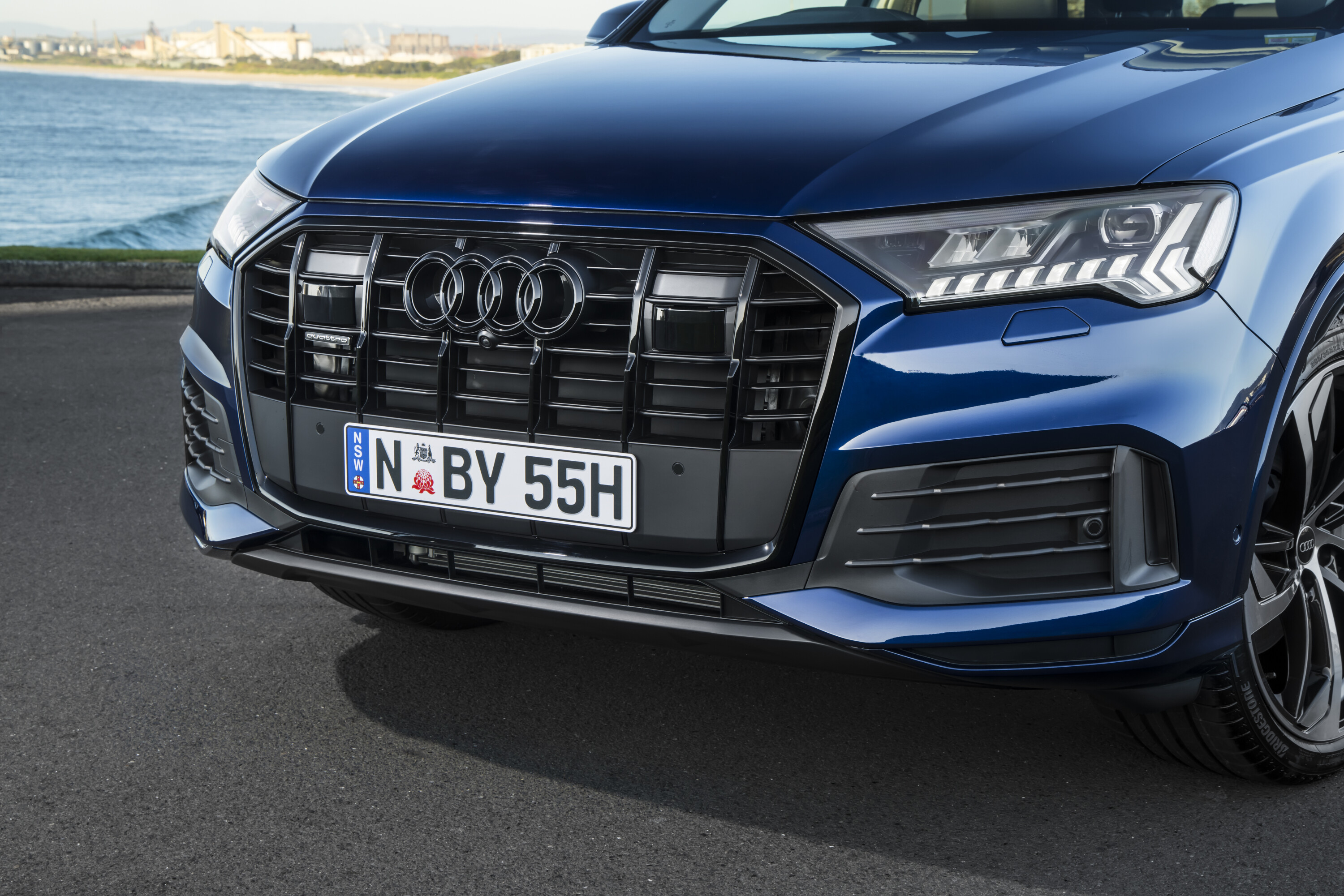
NVES: The basics
The new standards – which will apply only to new cars – will establish emissions targets that car makers must meet across their vehicle fleets. Over time, this CO2 target will be lowered, forcing companies to provide more efficient cars.
The Government’s preferred emissions-limit model intends to catch up to the United States by 2028, with an average annual CO2 reduction of 12.2 per cent for passenger cars and 12.4 per cent for light commercial vehicles between 2025 and 2029.
The ‘Option A’ scenario is less ambitious – and includes ‘super-credits’ for the sale of low-emission electric and hybrid vehicles – while ‘Option C’ is “fast and aggressive” with stricter emissions reduction.
In February, the FCAI released modelling claiming the prices of Australia’s most popular new cars – such as the Ford Ranger, Toyota HiLux, Isuzu D-Max and Toyota LandCruiser – could increase between $6000 and $25,000.
It also said carbon credits would reduce the cost of the popular Tesla Model Y by around $15,000 in Australia – a claim Tesla Australia says is “false and misleading”.
Tesla referred the FCAI to the Australian Competition and Consumer Commission, saying “…the FCAI should be careful not to facilitate coordination among competitor companies about how they change prices or supply in response to regulations”.

Volkswagen – which has long been calling for a fuel-efficiency standard – recently told WhichCar it is “not one of the dinosaur brands”.
Hyundai and Kia are also mainstream brands that publicly support the implementation of a fuel-efficiency standard.
However, some other brands – such as Toyota, Mazda, Mitsubishi and Isuzu Ute – are more cautious about the proposed efficiency standard, due to a far more limited range of electrified options in their model lines.
Toyota has Australia’s widest range of hybrid models, but the massive sales success of its HiLux ute – which has no hybrid option – and the only very recent addition of the bZ4X to its line-up is likely to hurt the company if Option B is approved.
Toyota said it wants additional leeway for large SUVs like the LandCruiser under fuel-efficiency standards and isn’t keen on buying carbon credits from other brands it does not have a stake in.
We recommend
-
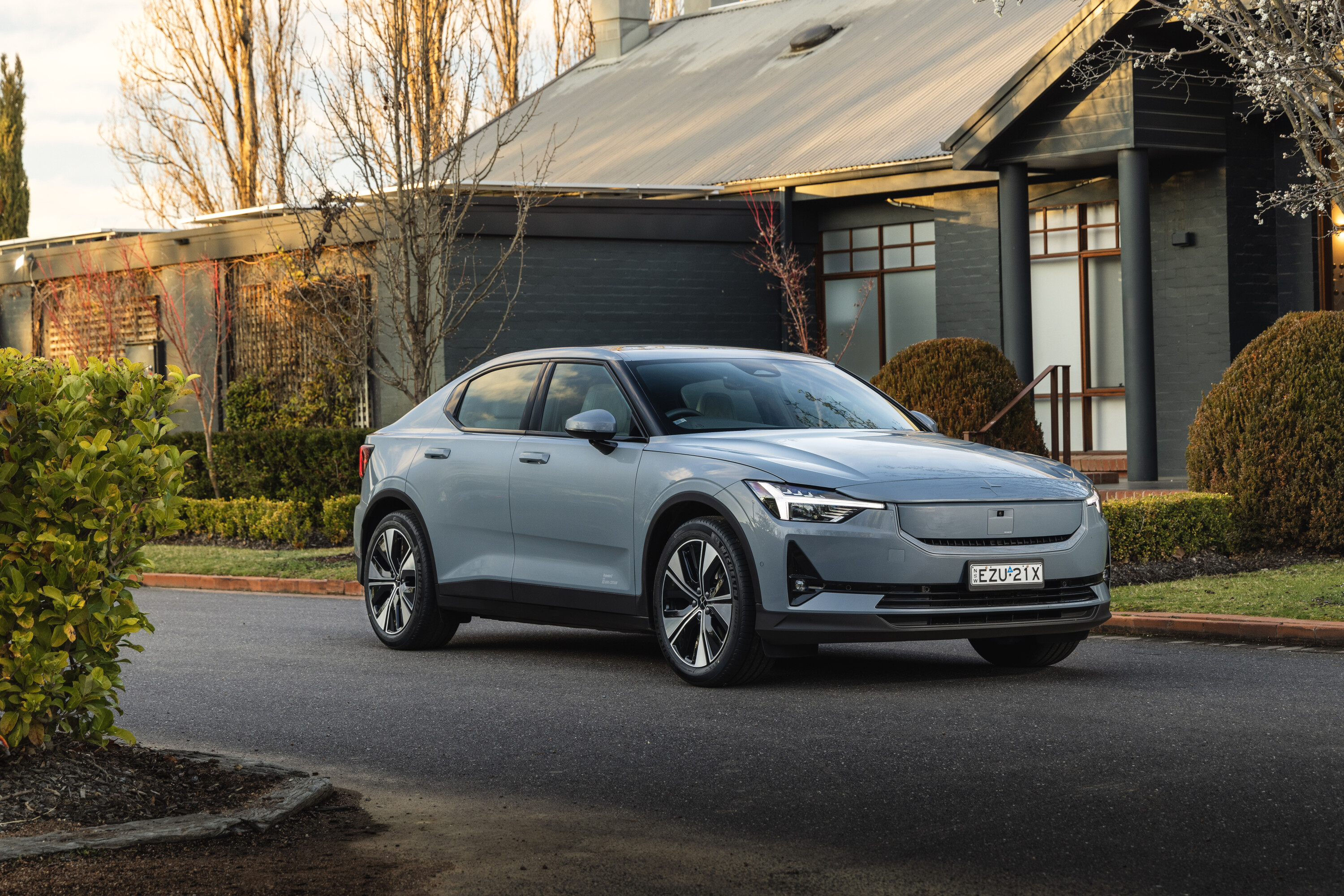 News
NewsPolestar leaves Australia’s new-car lobby group following Tesla exit
Electric vehicle specialist Polestar has joined Tesla in quitting the Federal Chamber of Automotive Industries in protest of its fuel-efficiency standard position
-
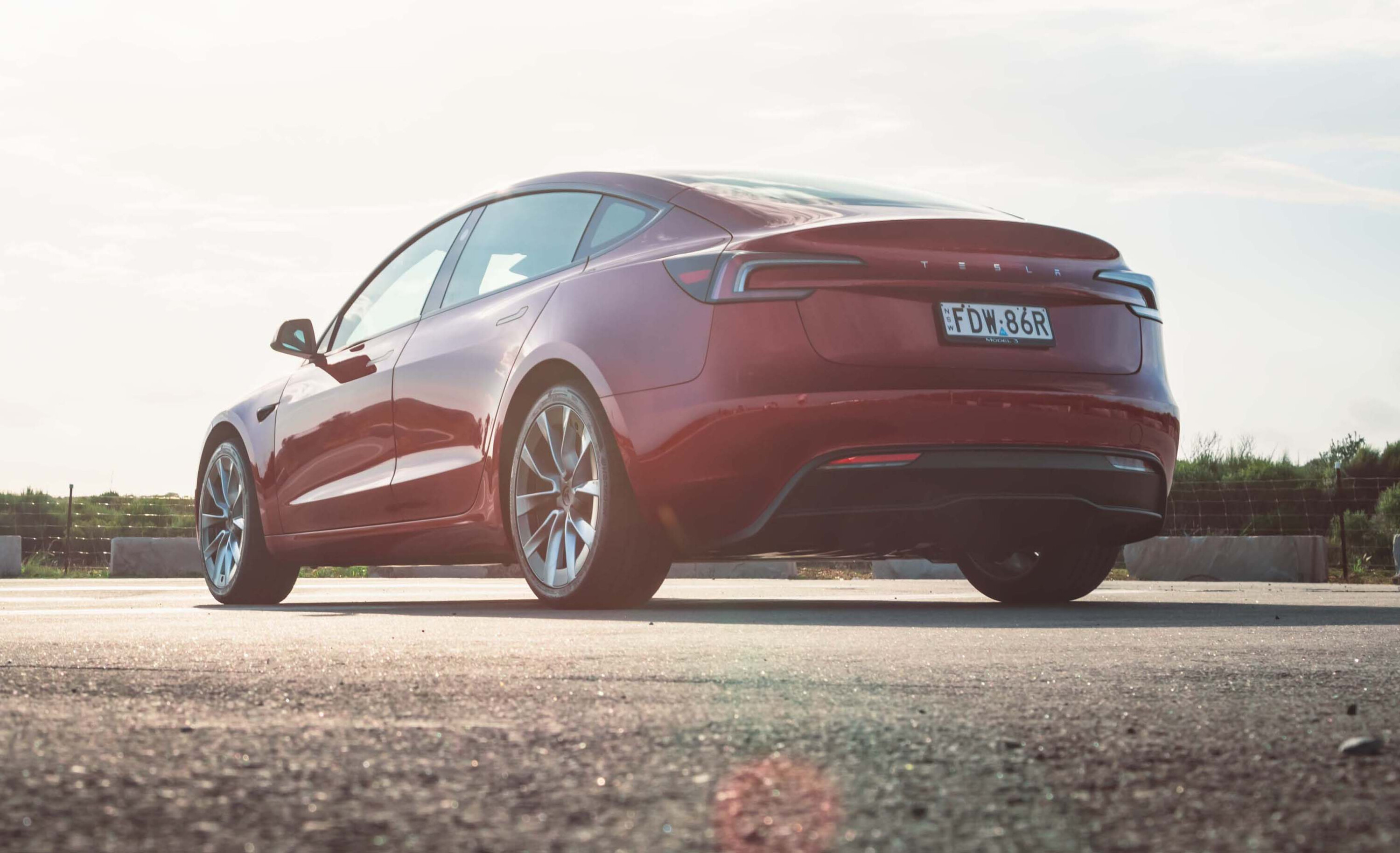 News
NewsTesla quits the FCAI; claims lobby group misled consumers
Explosive letter sees Tesla exit the FCAI and refer it to the competition watchdog. Other EV brands could follow
-
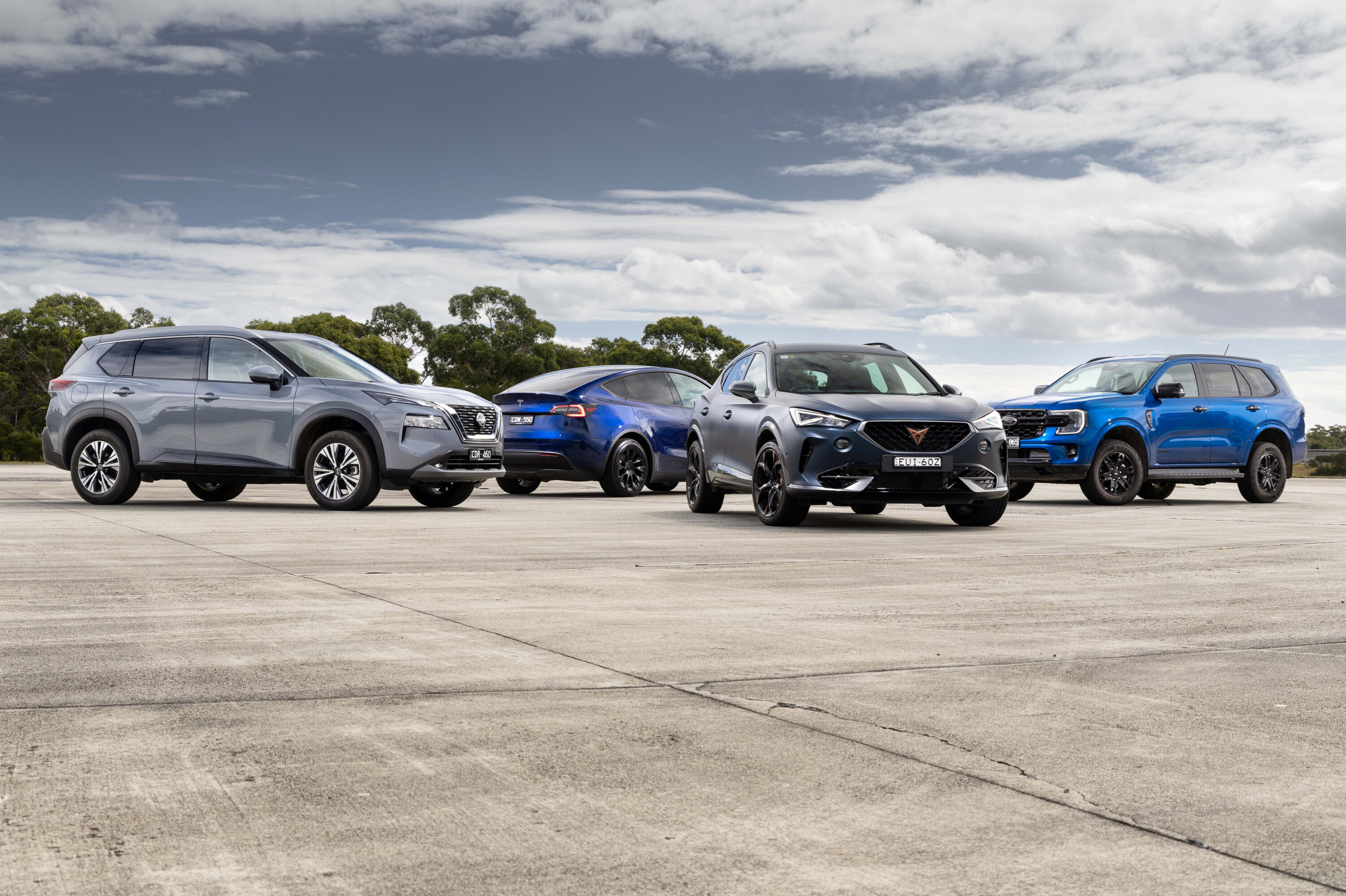 News
NewsWhat do car brands think about Australia’s proposed New Vehicle Efficiency Standard?
Here’s what the major auto brands think about Australia’s proposed fuel-efficiency standards

